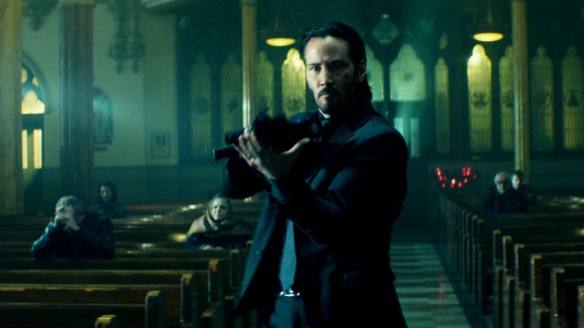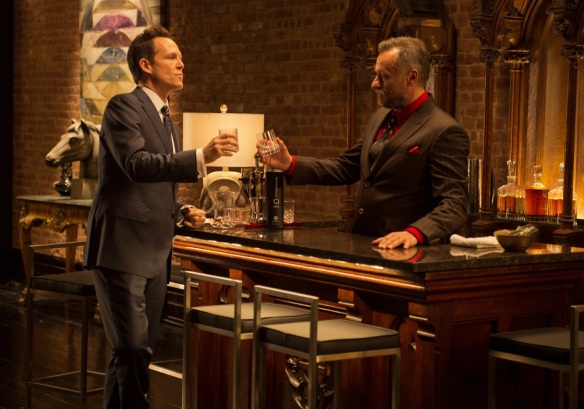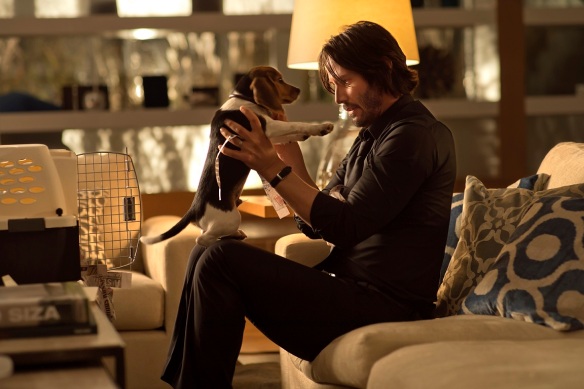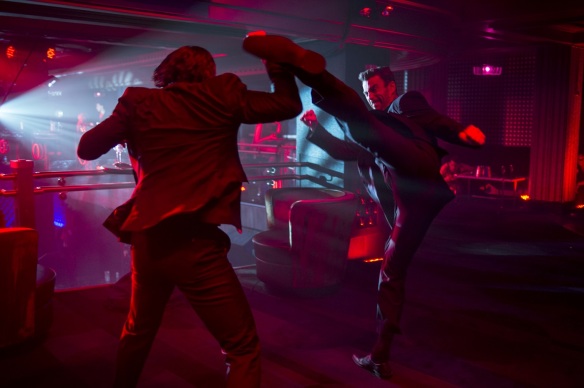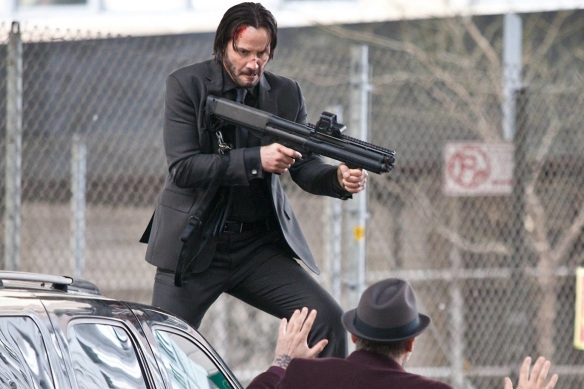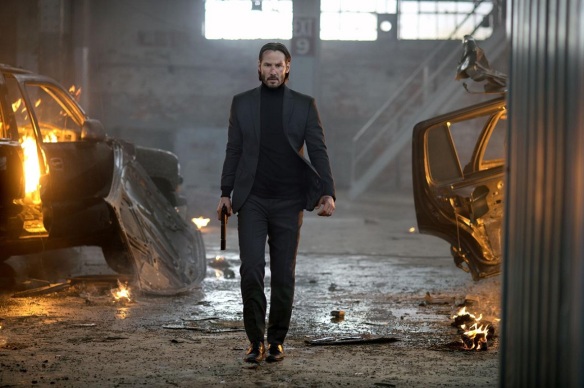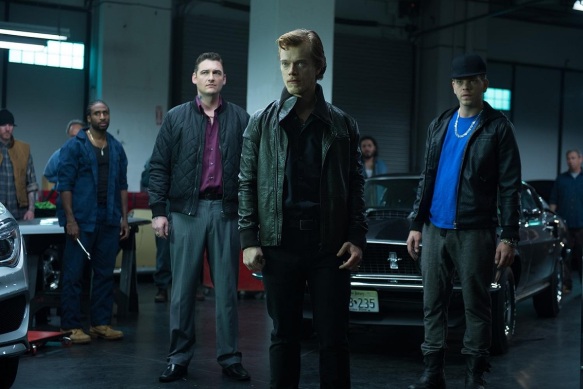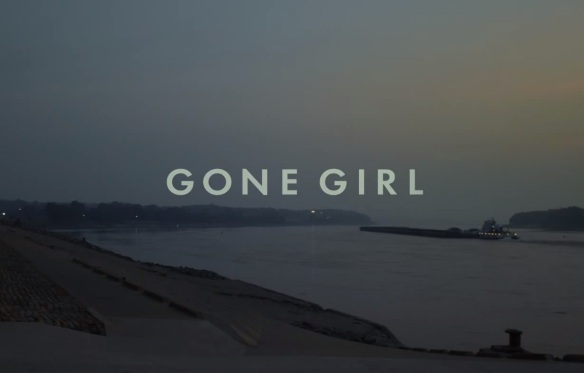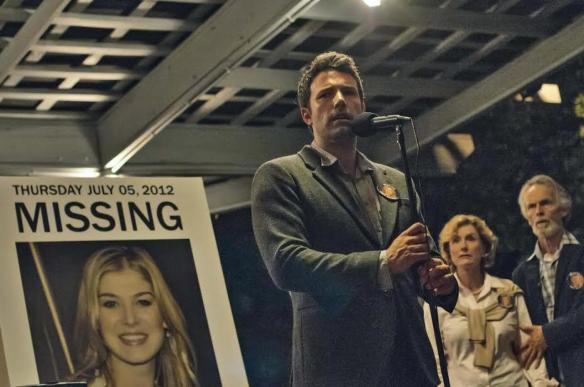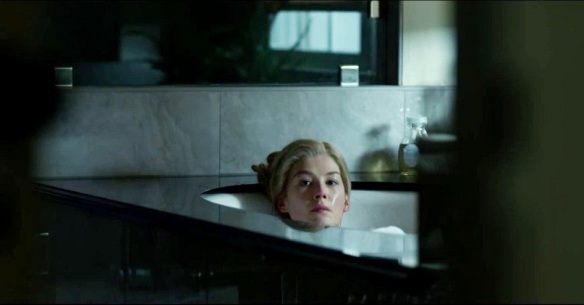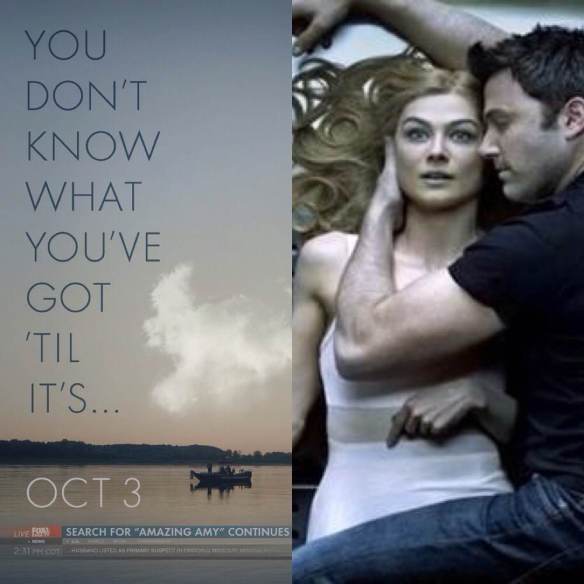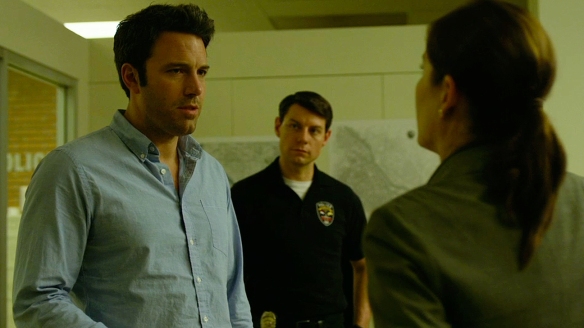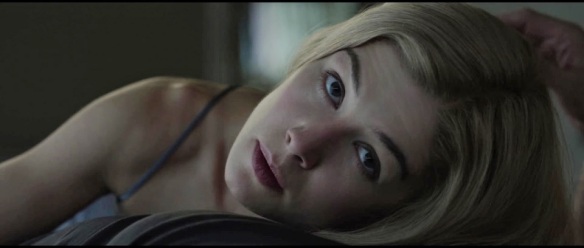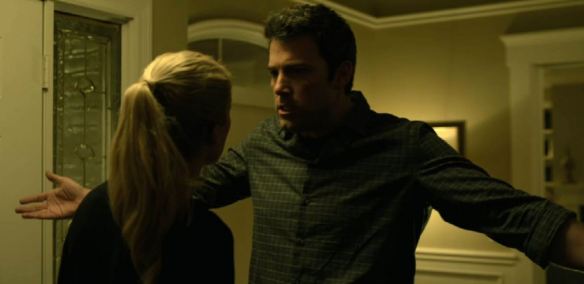In brief: Keanu Reeves further styles himself as the redeemer of Hollywood action cinema. The result is a step up from the industry norm though still a step behind the best ***
Source: IMAX Theatrical showing
Having really established himself in the genre in the 90s, managing starring roles in a few of Hollywood’s more notable outings, primarily Point Break and The Matrix, it would appear that Keanu Reeves is seeking to reposition himself as a redeemer of an ailing American classic: the action film. Although I’ve not got around to watching it yet, Reeves’ debut outing as a director, last year’s Man Of Tai Chi, looked keen to utilize the abundant talent in the international market to craft an ode to quality martial arts cinema, including a small role for Iko Uwais who, in the wake of Gareth Evans’ Indonesian The Raid franchise, is basically action cinema’s hottest property right now. I’ve heard mixed things about Tai Chi up until this point and that makes sense. Action cinema is a genre that attracts a lot of fans and a lot of good intentions but it is also a genre that is exceedingly difficult to elevate. It requires a ruthless authorial efficiency and a fearless production team and even then, it’s all too easy to be average.
So John Wick seems an interesting new prospect. Keanu Reeves takes the lead role, playing a retired assassin who is inadvertently drawn back into his old profession. The film is directed by David Leitch and Chad Stahelski. If those names don’t sound familiar then that’s no surprise. This is their first outing as directors, in careers forged as stunt performers. This is promising, as Hong Kong cinema ably demonstrates. Stunt-performers should know how to shape material to foreground their preferred craft. They also know that they’re only as good as their last stunt, so every set-piece should be as bold and dynamic as possible. So Wick’s got pedigree, but has it got bite? Well, yes, though perhaps not enough to quite match its bark.
Reeves is something of a double-edged sword in a leading role because, despite his best intentions, as a star and non-stunt performer, he can’t really put himself on the line to do anything truly dangerous. So doubling becomes an issue, and the elephant in the editing room. Still, John Wick makes the best of its ingredients, offering a solid mixture of gunplay and fisticuffs, stressing close-quarters combat and intricate, grappling displays. It’s gritty and slick though unfortunately it’s not really breaking new ground and seems to pull punches when it should be moving in for the bloodthirsty kill.
We open with some of the crassest emotional manipulation you’ll find this side of an ASPCA commercial. John Wick (Keanu Reeves) is a quiet man who keeps to himself. His wife recently passed away after a protracted battle with terminal illness. John’s very sad but a little puppy, a final gift from his wife, gives him hope and the will to continue with life. Then some mean Russians kill his puppy. The film’s inhabitants are quick to intone, “you don’t kill John Wick’s puppy,” and they do so often, giving the film’s slow-building opening quarter an unsteady rhythm, full of empty portent, like it’s a series of trailers strung end-to-end, encouraging undecided viewers to stick around for the film’s remainder. It feels quite inept, hammer-blows of fake sentiment trying uselessly to hide the inherent callousness that defines action cinema. Yet, in the film’s defense, this detail comes to form something of a knowing joke that cycles through the rest, as countless burly men struggle and violently succumb because, “Someone killed my dog!”
John Wick has plenty of ambition, pushing for highly kinetic battles in crowded, logistically-challenging places: bath-houses, nightclubs, hotel rooms etc. Those battles are technically good, and pleasantly free from undue CGI manipulation, relying more on choreography and physical dexterity, but they also never surprise and their editing schema suggests shortcomings in design, pulling us out of many of the more intricate maneuvers to reset into new takes, presumably because the choreography and actors couldn’t in reality manage the transitions unaided. It’s not a massive failing, indeed it’s typical of most action cinema, but it feels a bit more disappointing here than usual given the obvious plentiful resources and the fact that it’s that extra edge that the whole production feels is its calling.
To that end, it’s odd that Wick also lacks the killer instinct of many other films of its pedigree. For example, in one scene, having battled back from near death, our ‘hero’ uses his zip-tied hands to strangle a ‘featured’ henchman. It’s the sort of moment you’d think would invite some unique detail, some more specialised embodiment of the physical anguish on display- the superior potency of one will snuffing out another. Maybe the strained zip-tie could be shown digging into vulnerable skin of the neck. Maybe a bulging vein could be highlighted, carrying to a brain the last gasp of oxygen it will ever receive- just enough fuel to process the recognition of its own death. It’s there, as it is in pretty much all action movies, but it’s never personalised, never really remarked on. The film just can’t unfold the little inhumanities, the scorns of violence that heighten the dramatic toll in a genre that necessarily relies on brutish, childlike dialectics even as it otherwise showcases bravura physical displays.

You know what they say, “Hell hath no fury like a female assassin who barely fits into the actual film.” They say that, right?
Elsewhere we might complain that the film boasts too many working parts and an unsteady momentum. A Russian kingpin, Viggo Tarasov (Michael Nyqvist) uses his many resources to try and defeat Wick so that he might save his son (Alfie Allen), who stupidly killed the dog in the first place. Alongside this we have various details involving the assassin community that New York City apparently harbours, men and women who used to call Wick a cohort. Among them an older assassin (Willem Dafoe) represents professional ethics while a younger one (Adrienne Palicki) represents youthful hubris and opportunism, breaking rank to try and kill Wick. These subplots don’t warrant a huge amount of time within the feature but still feel almost entirely extraneous. I suspect the depiction of a larger, embedded, assassin community is laying the groundwork for a potential sequel more than shaping the narrative of this film. Similarly, once Wick avenges his late-wife-by-proxy (aka. a dog) the narrative backtracks, losing a lot of steam in the process. I’m reminded of Steven Seagal’s Fire Down Below that wraps up its main story with a reasonably solid crescendo, only to then have a tacked-on scene where he beats up an elderly Kris Kristofferson. Likewise here, Wick doubles back to kill our ‘Crime Czar’ (they’re always Czars, Russian or not. You never hear about ‘Crime Counts’ or ‘Crime Viceroys.’) in an addendum that could easily have been resolved earlier.
Then there’s Dean Winters’ role as Avi, Viggo’s business manager. He plays a callous, opportunistic hanger-on. That kind of villain action cinema implores us to despise with extra vigour because he’s a bureaucrat who can’t even pull his weight in a fist-fight. I’ve always found Winters to be a welcome presence on screen. He made Oz watchable long after the show’s social comment pith had slipped away into pointless, caustic, soap-opera violence. He even made Hellraiser: Hellseeker, the sixth in the ill-fated horror franchise, oddly watchable, which is no mean feat. Here he does his job well but you couldn’t help but wish they’d given him more material, especially when we consider how aimless many of the other villainous personas are.
Despite my reservations, John Wick is solid entertainment and represents a serious attempt, from an American perspective, to grapple with the new intensities of action cinema set by proponents in Thailand and Indonesia. That being said, its mix of stylishly-attired bad-asses and neon glow suggest more of a kinship with Jee-woon Kim’s A Bittersweet Life, although it can’t boast the inner life of that film or match its style. Nonetheless, it’s a sure sign of Hollywood pushing forward rather than settling back into nostalgia-tinged explosion-a-thons like Stallone’s Expendables franchise. And as even Hong Kong, action cinema’s spiritual home-ground, has struggled to keep pace in recent years, we might acknowledge that Reeves and co. should be congratulated for their obvious effort. As mentioned previously, the film certainly begs a sequel so I wouldn’t be surprised to see John Wick return to beat down some other ne’er-do-well with a disinterest in animal rights. If that sequel does transpire, I’ll go see it, which is proof enough that John Wick gets a lot more right than it does wrong.

